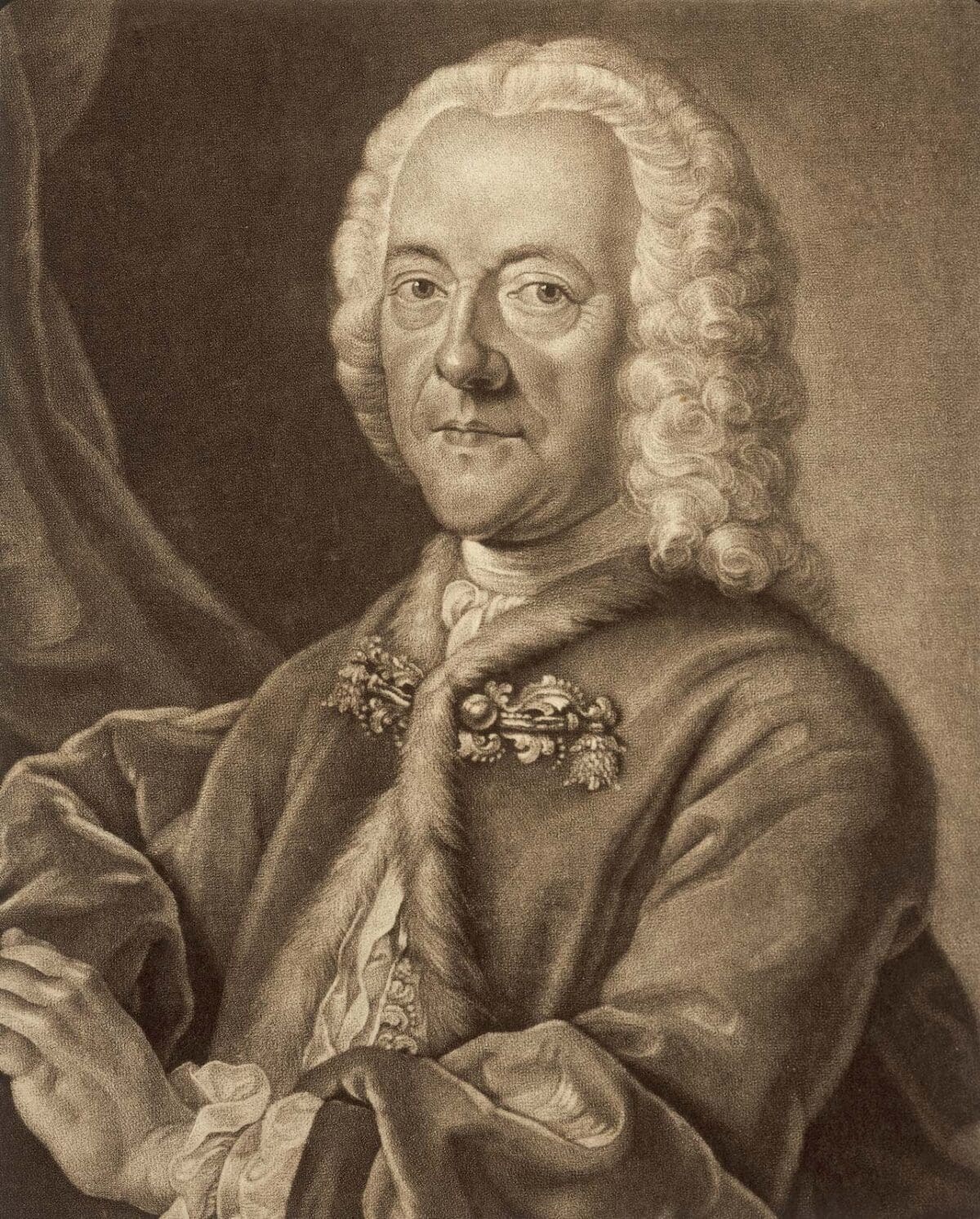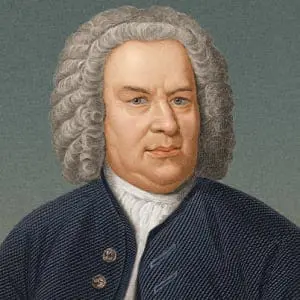His name doesn’t ring a bell for a lot of people when thinking about classical music. But Georg Philipp Telemann is an essential name in the baroque era. Georg grew up in a family of clergymen with solid ties to the Lutheran Church. As a young boy, he showed exceptional musical ability and became acquainted with a local organist to learn the craft. He mastered a couple of instruments and composed an opera by the age of ten.
Diversion from family
If not for his fierce determination, Georg could have ended up in the clergy or law school. However, against his family’s advice (especially the maternal side), he pursued a music career. Telemann went to Leipzig University to study law but found a way to utilize his musical talents to good use. He created the Student Collegium Musicum, a college student music club that will lay the foundation of his contribution to the world of classical music. During his time at the University, Georg gave public concerts and wrote opera pieces for the college theater. He eventually became a music director and an organist.
Diversity in classical music
Georg did not stay in school for too long. He accepted a position as Kapellmeister (German for conductor) in the Count Erdmann II court at Zary (a western Polish Town). He came in contact with different styles, such as French, Italian and Polish, which he incorporated into his craft. This would have a large influence on his work. However, Telemann later had to go back to Germany after an invasion by the Swedish army that disbanded his workplace.
The best years ahead
Georg’s best years come from Frankfurt’s experience, where his talents influenced the city’s music scene. His productivity was at his highest, and so was his entrepreneurial energy. He has published much of his music during this time while working as a director for the city. During this stage of his career, he composed and performed secular ceremonies and choral chamber music.
Influence on classical music
Telemann had a significant influence on the world of classical music. His success’s main drivers appear to be the natural talent that he found as a young boy and his business and networking skills. Aside from his published artistic work, Telemann also published other musicals that were lessons intended for amateurs for practice. He also created a subscription model for his publications that doubled his income. When it comes to his network, Telemann knew much of the classical music giants of his time: Carl Philipp Emanuel Bach, Johann Sebastian Bach, and George Frideric Handel. His network, as well his talent and his business mindset, no doubt made his music influential alive as well as after his passing.
Photo – https://www.britannica.com/biography/Georg-Philipp-Telemann
Sign up for one of our upcoming organ concert!!
To get more stories like this, please subscribe to our newsletter!

